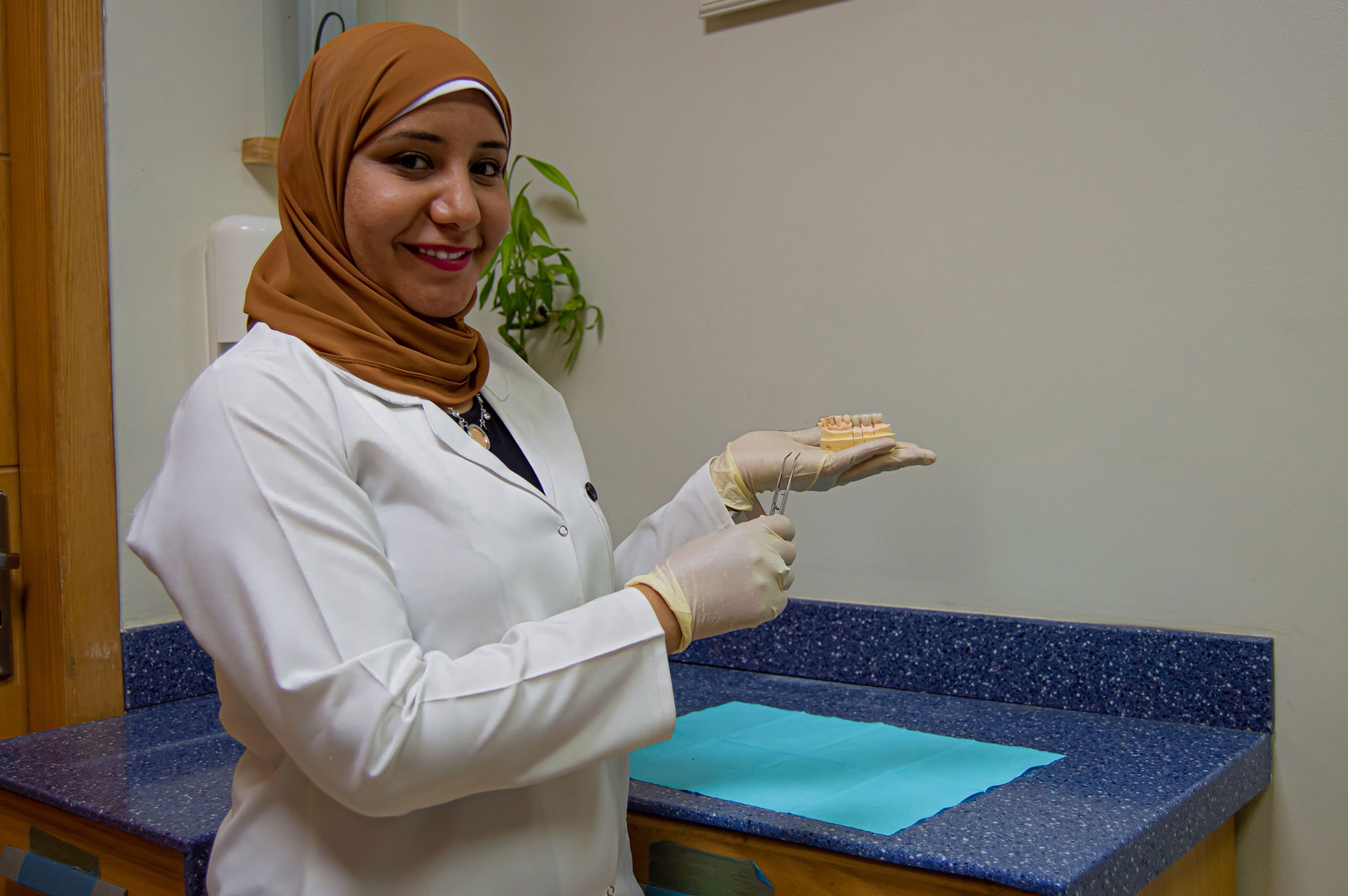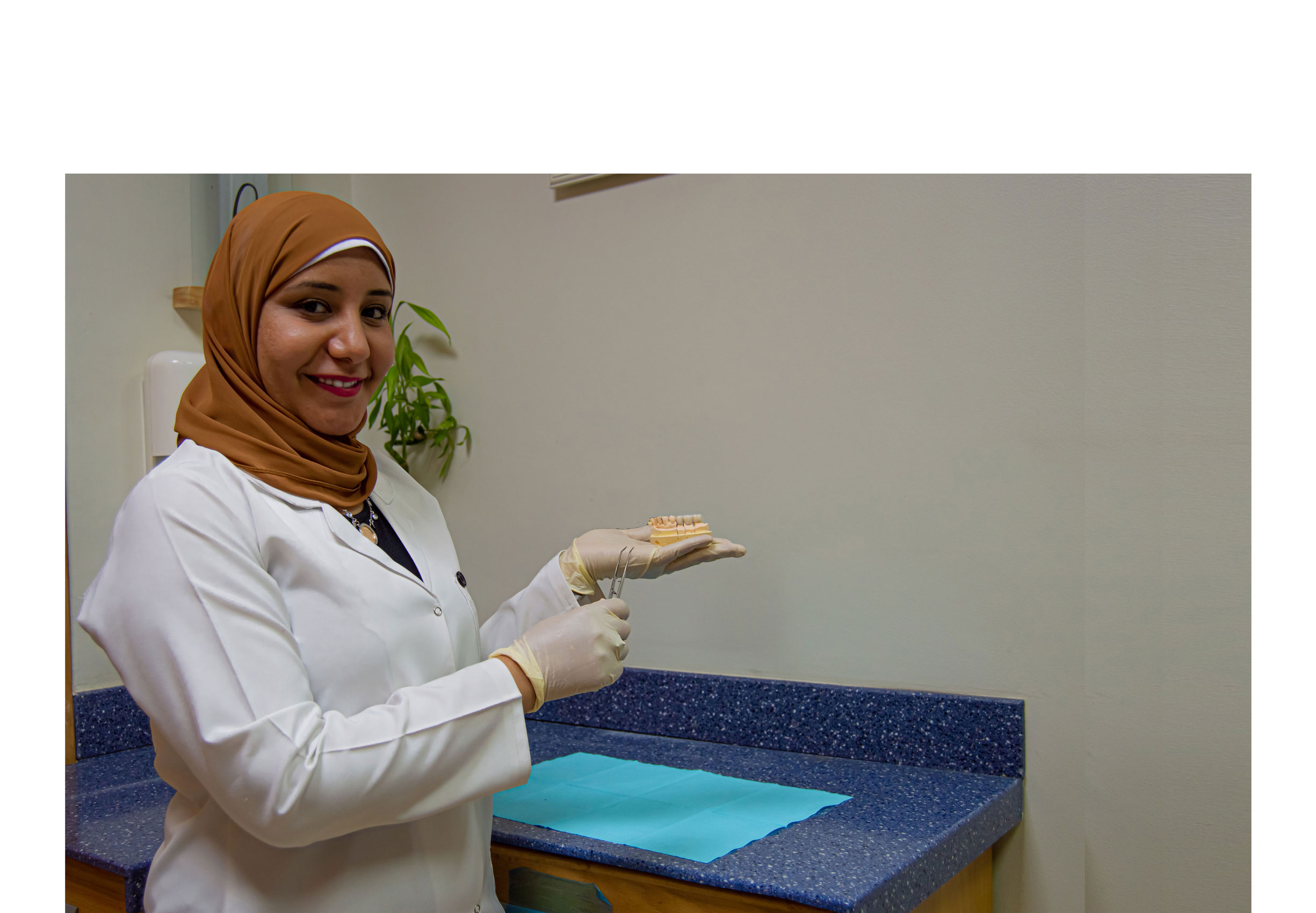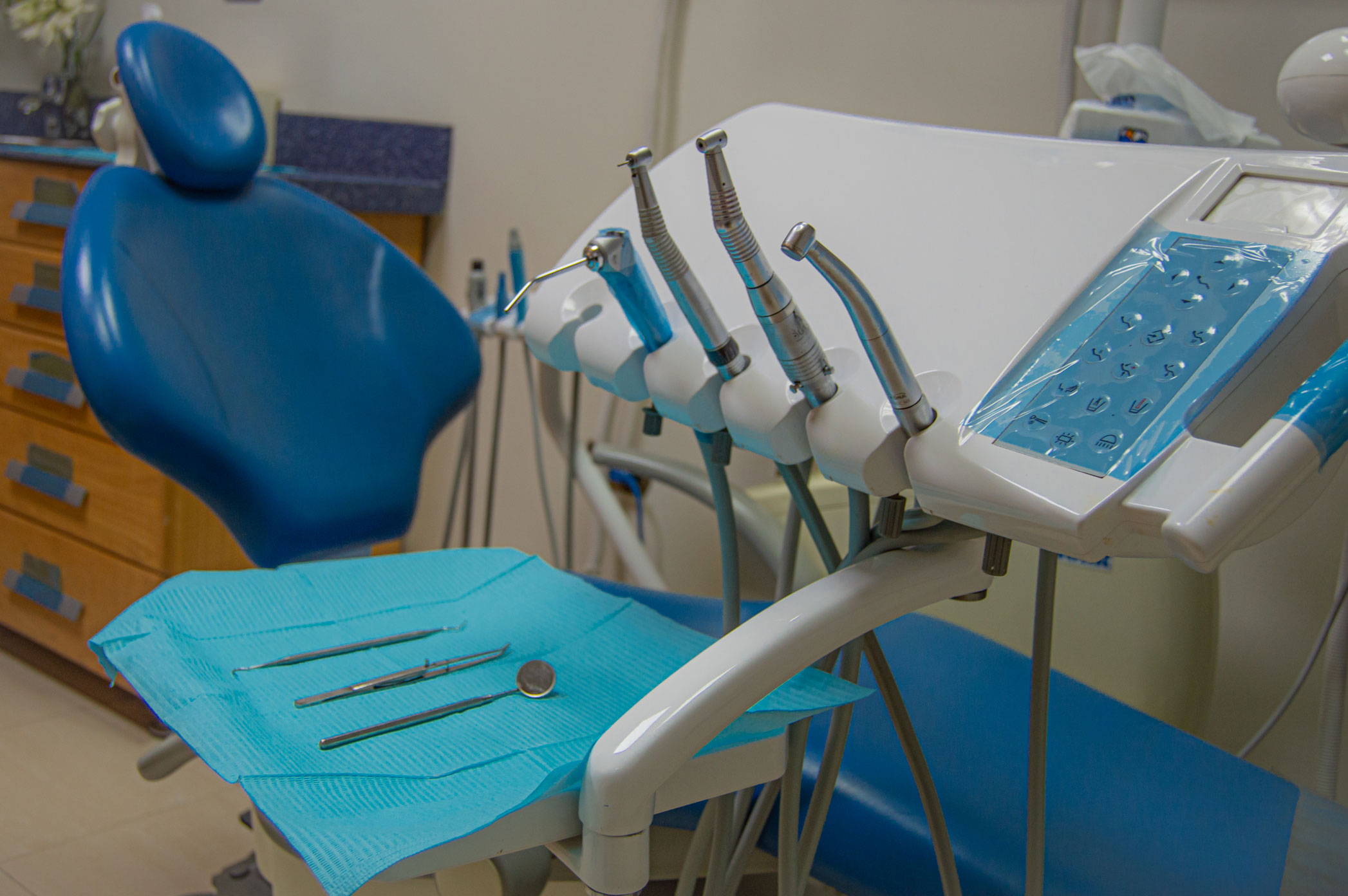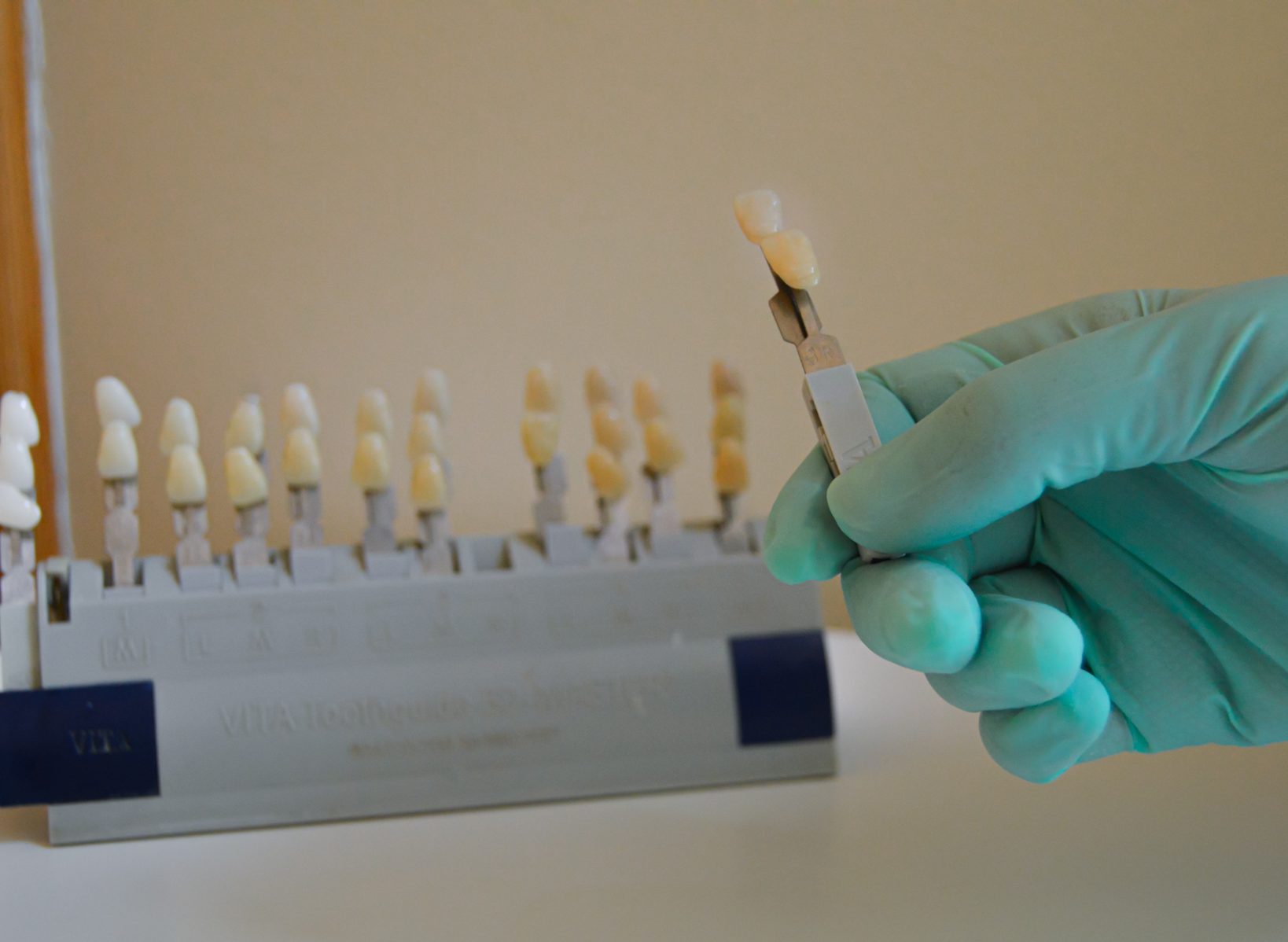Preservation of our teeth in a healthy and good condition is the goal of many people; not only to prevent dental problems, but also to prevent other medical problems. Recent researches suggest a strong relation between bacterial types (microorganisms) causing periodontal disease (i.e. gum disease) and heart diseases. Thus maintaining a good oral hygiene is essential for our teeth, gums and heart as well. Preventive care Besides visiting the dentist every 6 to 12 months for regular dental check-up; we can also make these visits much easier by preventing the problems in the first place. This can be accomplished by daily preventive care, including proper brushing and flossing, which will help stop problems before they develop. Shall I brush my teeth? In my practice many people ask me some common questions as “How many times shall I brush my teeth?”, “Which is the best tooth paste that I should use?” or “What is the optimum way of teeth brushing?” Although the answer to these questions may seem easy for the professional dentist, they might be important for a lot of people who want to keep their teeth in an optimum condition. Regarding number of times we should brush, three times is the optimum, two times is good and once daily is the minimum. Although you may be shocked when you read this, but brushing your teeth once a day is not considered brushing at all unless it is done at night before going to bed. Saliva is antibacterial When we go to sleep our tongue is not moving and not doing its cleansing motion, and our salivary glands stop producing saliva which is a powerful and efficient antibacterial (i.e. kills microorganisms causing teeth decay); our saliva is an alkaline solution which fight the process of teeth decay. So, this summarizes the answer of this important question “How many times shall I brush my teeth?” BRUSH BEFORE GOING TO BED Regarding the second question “Which is the best tooth paste I should use?” Actually there are no big differences between different commercial brands of tooth pastes available in the market; all of them contain the amount of fluoride needed to clean and maintain the integrity of our teeth. Some types of tooth pastes are used only with dentist prescription which is needed in some cases like sensitive teeth or bleeding gums. So this answers of this question “Which is the best tooth paste I should use?” THE TOOTH PASTE BRAND IS NOT IMPORTANT, WHAT MATTERS IS OUR WAY OF TEETH BRUSHING This answer takes us to the third question “What is the optimum way of teeth brushing?” Actually this is the most important part of our discussion about daily dental care. No matter how many times we brush nor the tooth paste we use unless we brush our teeth in a proper way. Do your tongue too! Brush your tongue but do that gently. This can help reduce any mouth odors and also reduce level of bacteria. Floss and keep flossing! Flossing is as important as brushing. It can help remove stuck in food pieces and also stimulates the gums and reduces plaque areas the regular brushing may not reach. Do not floss too hard and use floss tapes for sensitive gums. Try to rub the floss tape against you teeth side surface and do not snap or drag it hard against you gums. Floss at least once a day. Always rinse your teeth and mouth after flossing. Mouthwash: DO you need it? Mouthwash can be useful but it is not a must. You can enhance the level of fighting plaque and reach areas that are hard to reach by brush or even floss. You can consult your dentist for mouthwash to use especially for children or if you have any teeth or gum issues. It can also be an easier option for those who cannot floss. Rinse your mouth If you are not brushing after every meal, you can at least rise it with water 2 to 3 times. This can still be vey helpful in reducing acidity and wash your team from food or beverage remains. Reduce sugar in your diet Sugar can harm your health in many ways, but we will focus here on dental health. Sugar residue that is left in mouth without brushing or rinsing can accelerate tooth decay and can severely impact enamel over time. You do not need to eliminate sugar but you need to be aware of how much sugar you push into your body every day. A Cleaning Session every 6 months Visit your hygienist twice a year. Some calcium residue requires special tools that can be found only at clinic. It can also help you find out as early as possible about potential tooth cavities or developing issues. Replace your toothbrush regularly Watch for the quality of your toothbrush. Do not use a toothbrush that is hard on your gums. Replace the toothbrush ever 2 or 3 months. Always clean your toothbrush after brushing and leave it in dry clean air to dry. Covering it in an enclosure can cause bacteria to build up on it. If using a toothbrush is painful due to arthritis or any other reason, consider buying an electric toothbrush. Do not poke into your gums with sharp tools Use a toothbrush or proper dental care tools to clean your teeth and gums. Do not use sharp tools like tooth picks especially if there is a risk you injure your gums. Do not use other sharp tools to pick food or clean your teeth. Early treatment is less painful Do not wait on developing tooth pain or swollen gums. If your gums bleed when you brush you may have gum disease. The more you wait the worse it will get most probably and the harder the treatment maybe. In early stages you may have more alternatives to address a tooth issue that you may not have if you wait too long. You do not need to be ‘obsessed’ with every pain you may have but also do not let your fear of going to the dentist keep you from addressing a problem before it become a serious one. Some teeth issues may impact your overall health so don’t ignore it. Beware of the bad stuff It would be stating the obvious here but consider it a reminder that smoking and tobacco products are generally bad for your teeth. Alcohol and drinking can also accelerate plaque formation and tooth decay process. Both smoking and drinking can give colored ugly looking teeth among other types of damaging effects. E-cigarettes are still under study but they seem to have harmful chemicals in general. Mouth piercing can lead to oral injuries. Teeth grinding can lead to damages and you may not be aware of it of it happens during your sleep. Addressing any life stresses can help relief this issue but if you suspect that you have this problem discuss it with your dentist. Not drinking enough water every day can be harmful to your overall health including your oral health. Clean your dentures daily Using full or partial dentures? Do not ignore cleaning your dentures on daily basis. Use dentist recommended cleaning liquids and brush properly. Do not sleep with dentures in your mouth. Keep your routine You may know and understand the importance of all the above recommended daily or regular oral care activities but fail to make it a daily habit. This is where you can end up with oral problems while you think you are taking good care of your mouth. You may think that you some times forget of become too lazy but you get back on your routine from time to time. This is a dangerous behavior and can eventually lead to serous issues with your teeth or gums. Make sure you commit to your daily routine and associate with important daily activities. Commitment is the name of the game here. Do not back down or underestimate the importance of sticking to your daily routine. Do not even stop there but encourage your family and your loved ones to follow the daily oral care routine. This encourages ‘group commitment’ and you can push each other to stay committed. The younger you are the better chance you have to have long life healthy teeth if you make these daily routines deeply rooted habits in your life. If you’re older or a senior you can still start and have a better chance of maintaining healthy teeth and gums. Start now and don’t procrastinate anymore!























In this context it is not the one used on top of a king’s head, but rather it is a covering... Read More